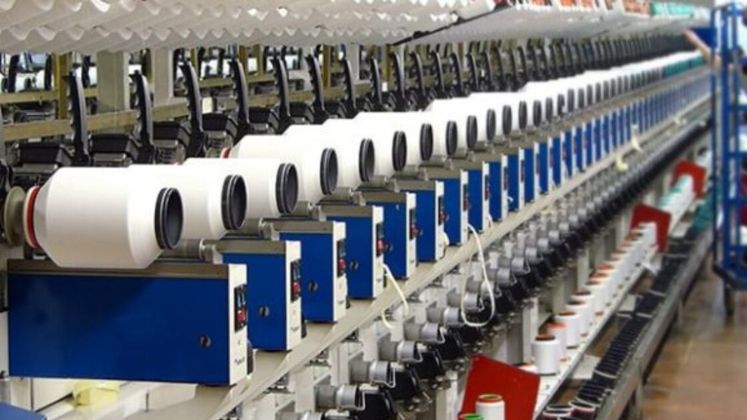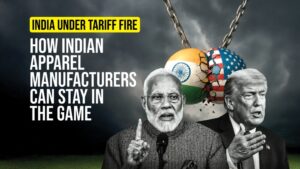In order to survive the effects of high US tariffs that could result in a significant loss of jobs, India’s textile industry has urged the Government to offer immediate cash help and a suspension on loan repayment. In order to lessen the impact of the US market, industry representatives pushed for a quick start to free trade agreement (FTA) discussions with the European Union during a crucial meeting with the Ministry of Textiles.
Representatives of the industry claim that because US purchasers have stopped placing new orders and are requesting that Indian exporters shoulder the increased tariff burden, exporters are looking to the Government for assistance in absorbing at least 20–25% of the tariff impact in order to maintain market dominance. In order to compensate for medium-term losses, the clothing industry has also demanded expedited EU discussions and a speedier implementation of the UK trade agreement. Additionally, manufacturers have called for the creation of a targeted textile market program and the reinstatement of the Interest Equalisation Scheme.
The meeting, chaired by Union Textiles Minister Giriraj Singh, was convened to address the challenges faced by exporters amid widening tariff differentials with competing Asian nations after the US imposed secondary tariffs on Indian goods.
The Ministry of Textiles said in a statement that it has formed four committees with representatives from the industry to provide suggestions with a deadline. These committees will work on economic and business-friendly policies, structural changes in the textile value chain, increasing cost competitiveness and innovation, and reaching India’s 2030 export goal of US $ 100 billion.
Under the Trump administration, the US, India’s top export destination for clothing and textiles, increased import duties to 25% on 7th August and then to 50% on 27th August. According to exporters, this has already caused order disruptions, with purchasers either halting shipments or pressuring Indian suppliers to shoulder some of the costs until the two nations’ trade talks are clear.







